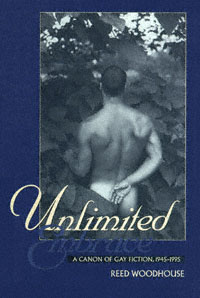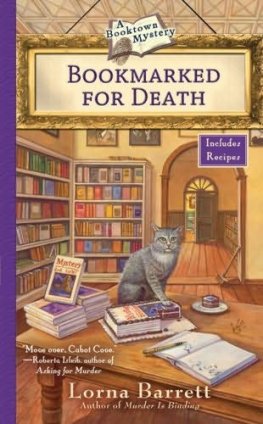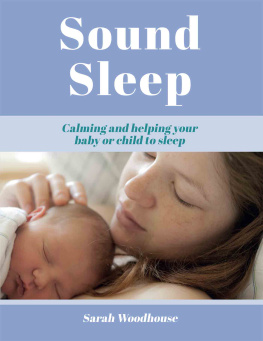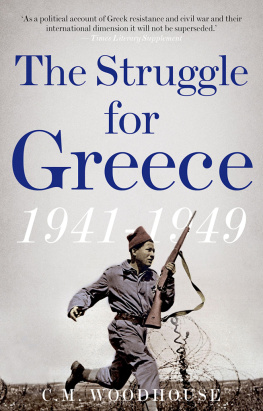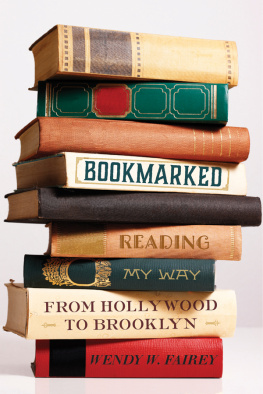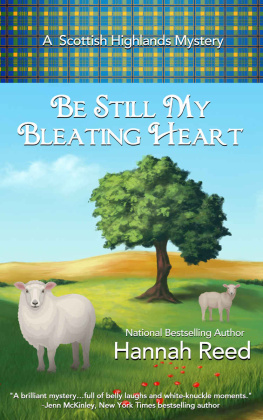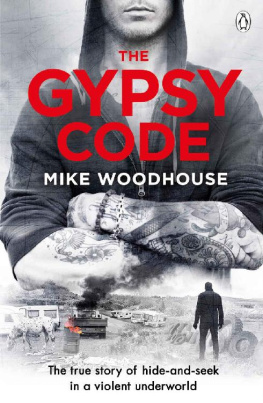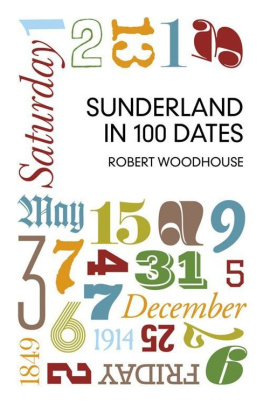title : Unlimited Embrace : A Canon of Gay Fiction, 1945-1995
author : Woodhouse, Reed.
publisher : University of Massachusetts Press
isbn10 | asin : 1558491325
print isbn13 : 9781558491328
ebook isbn13 : 9780585084305
language : English
subject American fiction--20th century--History and criticism, Homosexuality and literature--United States--History--20th century, Literature and society--United States--History--20th century, Gay men's writings, American--History and criticism, Gay men--United S
publication date : 1998
lcc : PS374.H63W66 1998eb
ddc : 813/.54099206642
subject : American fiction--20th century--History and criticism, Homosexuality and literature--United States--History--20th century, Literature and society--United States--History--20th century, Gay men's writings, American--History and criticism, Gay men--United S
Page iii
Unlimited Embrace
A Canon of Gay Fiction, 19451995
Reed Woodhouse
UNIVERSITY OF MASSACHUSETTS PRESSAmherst
Page iv
Copyright 1998 by
Reed Woodhouse
All rights reserved
Printed in the United States of America
LC 97-48588
ISBN 1-55849-132-5
Designed by Milenda Nan Ok Lee
Set in Sabon and Optima Bold by Keystone Typesetting, Inc.
Printed and bound by Braun-Brumfield, Inc.
Library of Congress Cataloging-in-Publication Data
Woodhouse, Reed, 1949-
Unlimited embrace: a canon of gay fiction, 19451995 / Reed Woodhouse.
p. cm.
Includes bibliographical references and index.
ISBN 1-55849-132-5 (alk. paper)
1. American fiction 20th century History and criticism.
2. Homosexuality and literature United States History 20th
century. 3. Literature and society United States History 20th
century. 4. Gay men's writings, American History and criticism.
5. Gay men United States Books and reading. 6. Gay men in
literature. 7. Canon (Literature) I. Title.
PS374.H63W66 1998
813'.54099206642 dc2197-48588
CIP
British Library Cataloguing in Publication data are available.
Page v
For
Larey Allen
and in memory of
Tom Stehling and Karl Laubenstein
Page vii
Contact of friend led to another friend,
Supple entwinement through the living mass
Which for all that I knew might have no end,
Image of an unlimited embrace.
Thom Gunn, "The Missing"
Page ix
CONTENTS
Acknowledgments
xi
Introduction: Five Houses of Gay Fiction, Revisited
Part One Shame, Impudence, and Ecstasy
1 From the Closet to the Theater (via the Electric Chair)
James Baldwin's Giovanni's Room
Tennessee Williams's Gay Short Stories
2 Sexual Dandyism and the Legacy of Oscar Wilde
Gore Vidal's Myra Breckinridge
Boyd McDonald's Straight to Hell
3 Immodesty and Immolation
Dennis Cooper's Frisk
James Purdy's Narrow Rooms
Part Two Ghetto Freedoms, Ghetto Follies
4 The Life of Desire in 1978
Larry Kramer's Faggots
Andrew Holleran's Dancer from the Dance
Part Three Four Degrees of Assimilation
5 Virtually Normal, and Vice-Versa
David Leavitt's The Lost Language of Cranes
Christopher Isherwood's A Single Man
Page x
6 Homeward Bound
Michael Cunningham's A Home at the End of the World
Ethan Mordden's Short Stories
Part Four Imagining Death
7 A Wedding and Three Funerals: Four AIDS Novels
John Weir's The Irreversible Decline of Eddie Socket
Samuel R. Delany's The Mad Man
Christopher Davis's Valley of the Shadow
Dale Peck's Martin and John
Part Five Looking Back
8 Boy's Life: Neil Bartlett's Ready to Catch Him Should He Fall
9 White Lies: Edmund White's Gay Fiction
Afterword
More Gay Fiction: An Appendix
Nonce, Genre, and One-Handed Books
Notes
Index
Page xi
ACKNOWLEDGMENTS
This book originated in a course I gave three times at the Cambridge Center for Adult Education with my friend Michael Schwartz. It was in this course that I began to formulate my canon of gay fiction. Throughout the writing of this book, Michael has been the reader I had most in mind, at once the most critical and the most generous. I hope it will not disappoint him.
I also owe a debt of gratitude to Professor Robert Bennett of the Classics department of Kenyon College for inviting me to give a lecture at Kenyon on gay fiction, an invitation which spurred me to put my thoughts down on paper for the first time. I am also indebted to Richard Schneider, editor of the Harvard Gay and Lesbian Review, who published this lecture ("Five Houses of Gay Fiction") in the inaugural issue of the Review. I am grateful to have had the chance to review many works of contemporary gay authors for the Harvard Gay and Lesbian Review and also for the Boston Book Review, whose editor, Theo Theoharis, has been a staunch supporter of this project and a kind friend.
I would like to thank Michael Denneny, David Bergman, and John Crowley for reading and commenting on earlier versions of the present book; their criticism was invaluable. They are not, of course, to be held accountable for the opinions I express.
Finally, I would like to acknowledge the assistance of the librarians of the New York Public Library for their help in finding rare periodical material from the early 1970s; the Writers' Room of New York for finding me a desk during my research in New York; and the Writers' Room of Boston for comradeship and the encouragement of high standards.
Page 171
Chapter Six
Homeward Bound
Much has been made in gay literature of the metaphors of family and home. The communitarianism of the late sixties spilled over directly into the language of "community" in the post-Stonewall ghettoes like the Castro in San Francisco, the West Village in New York, the South End in Boston. To be sure, the phraseology is sentimental, even sometimes grotesque (as when HIV-positive people are said to be "members of the AIDS community"), but for men who felt estranged from their biological families, the idea of being part of a new one was intoxicating. The attractiveness is reflected in titles of such popular books as Michael Cunningham's A Home at the End of the World, and John Preston's essay anthology, Hometowns. Lost homes so poignant and continual a part of American culture appear in indirect metaphors of Atlantis (Mark Doty, Samuel Delany) and of language: Philip Gambone's The Language We Use Up Here, or Leavitt's The Lost Language of Cranes. As Frank Browning has shown in his own quirky contribution to the genre, A Queer Geography, gay men have been no less eager than the rest of the American populace to seek those contradictory things, independence and community. 1
As the gay ghettoes began to form in the big cities, stories gradually began to be told about these urban hometowns. The earliest, most charming and most durable were Armistead Maupin's Tales of the City, a series of (eventually) six novels that began as newspaper columns in the San Francisco Chronicle in 1976. While these tales were not exclusively gay, they were set in San Francisco, a city which seemed at the time virtually one huge gay ghetto. And the gay characters, especially Michael Tolliver (Mouse), his lover Jon Fielding, the transsexual Anna Madrigal, the lesbian Mona (her daughter), all play central roles. While disease, death, age, and careerism eventually overtake the Maupin
Next page
